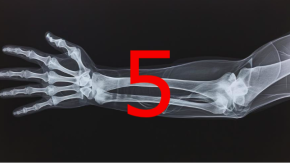All News
Optimizing Hydroxychloroquine Blood Levels in Lupus
A large observational cohort study suggests that monitoring hydroxychloroquine (HCQ) blood levels is effective in systemic lupus erythematosus (SLE) patients with a target therapeutic range (for HCQ level monitoring) of 750-1150 ng/ml.
Read Article5 Fractures You Don’t Want to Miss
In orthopedic practice, missing the wrong fracture can significantly alter a patient’s outcome. Certain injuries may appear subtle on initial imaging yet carry serious consequences if not promptly recognized and managed. Below are five fractures that warrant a high index of suspicion due to their risk of displacement, nonunion, or long‑term degenerative change.
Read Article
AANP survey of US 2338 Nurse Practitioners (mostly primary care) re: shared pts w/ rheumatologists. NPs managing RA want improved communication w/ rheums, & education on RA management. PC NP confidence w/ RA was 47% Somewhat confident, 6% very confident, 19% not confident. https://t.co/YVEpJua9hj
Dr. John Cush RheumNow ( View Tweet)

Top 10 States to Practice Rheumatology
1 North Dakota
2 Wisconsin
3 Alaska
4 Montana
5 South Dakota
6 Nebraska
7 Minnesota
8 Washington
9 Utah
10 Maine https://t.co/x2tKflV2S7 https://t.co/fLMEhQV0js
Dr. John Cush RheumNow ( View Tweet)

Tarsal Tunnel Syndrome - review and quiz.
A compressive neuropathy of the posterior tibial nerve within the tarsal tunnel. 80% caused by lipoma, ganglion, varicosity, trauma, tenosynovitis, rheumatoid arthritis, diabetes, etc https://t.co/zCyeVIJEuy https://t.co/f4jA13FDvN
Links:
Dr. John Cush RheumNow ( View Tweet)

In US, Tofacitinib loses patent exclusivity & goes generic in 2026. Worldwide Tofa sales in 2024 were $3.08 billion (55% use in RA; N. America 1st w/ ~38% of market). Tofa sales projected to rise to $5.7 bill in 2029 https://t.co/nKPaQdglYw https://t.co/DdMymmk8go
Dr. John Cush RheumNow ( View Tweet)

Israeli retrospective study of 9736 colchicine Rx FMF pts matched w/ 97 360 controls. On F/U Psoriatic arthritis developed in more FMF pts (43 vs 119) - HR 3.52 (CI: 2.48, 5.0). ^Risk w/ older age, smoking, SES https://t.co/blDIsmHWPC
Dr. John Cush RheumNow ( View Tweet)

Survey of physician assistants finds 56% use AI daily (19% AI extensively). 87% PAs say they need to learn more about AI, 83% desire formal, employer-led AI training. 89% believe AI will dramatically changes PA practice, but only 32% have clear workplace guidelines on AI usage https://t.co/yGqZRC3mNt
Dr. John Cush RheumNow ( View Tweet)

2025 Adult Rheumatology Fellowship Match is Strong (Again)
The ACR announced today that 2025 Medicine and Pediatric Specialties Match results show rheumatology fellowship positions continuing to fill at high rates. The Match uses a computerized process to pair applicant and https://t.co/1p7o10kLPR
Dr. John Cush RheumNow ( View Tweet)

I Can't Believe it's Not Seronegative Rheumatoid Arthritis?!
In rheumatology, we're no stranger to uncertainty. In any diagnosis of seronegative rheumatoid arthritis, it's always our invitation to reconsider the diagnosis.
https://t.co/JaLfRha6dq https://t.co/WwT5Q8B5Ad
Dr. John Cush RheumNow ( View Tweet)

APP QD Clinic: Difficult AxSpA
Philip Mease, MD and Christy Vath, PA-C, Seattle discuss a difficult to treat axial spondyloarthritis (axSpA) case. This APP QD clinic is presented as part of RheumNow's "Mission: APP Partners in Care" campaign during the month of December. https://t.co/VY0O26l7XC
Dr. John Cush RheumNow ( View Tweet)

Dr, Tuhina Neogi writes its time for a new understanding of OA; its not just wear n tear. Based on preclinical and clinical evidence, OA is a systemic, whole-body disease and that this should change future research and treatment of #OA. https://t.co/gn9xt6CafP https://t.co/2iSKiyiCX4
Links:
Dr. John Cush RheumNow ( View Tweet)

British Society of Rheumatology Guideline for Monitoring DMARDs
The British Society of Rheumatology has published an update to their previous 2017 BSR/BHPR guideline regarding the use and monitoring of DMARDs (disease-modifying anti-rheumatic drugs) used to treat systemic https://t.co/iANvir1EFI
Dr. John Cush RheumNow ( View Tweet)
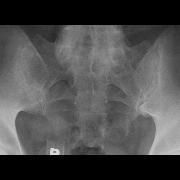
GESPIC - German SpA study of 252 SpA (139 nr- axSpA, 113 r-axSpA), followed w/ serial Xrays and mSASS Scores over 2 yrs. 80% were on NSAIDs. Higher NSAID intake, particularly COX2i, on slowing radiographic progression in axSpA https://t.co/sKgCGaJFVr https://t.co/jMQTAnsCmG
Dr. John Cush RheumNow ( View Tweet)

The 1st Nurse Practitioner program was launched in 1965 (@ Univ Colorado), since then the profession has grown to >461,000 licensed NPs nationwide (up from 385,000 in 2023). ~1 billion patient visits are delivered by NP’s every single year https://t.co/Ma9wHHiy8E https://t.co/gytIMsd2wt
Dr. John Cush RheumNow ( View Tweet)
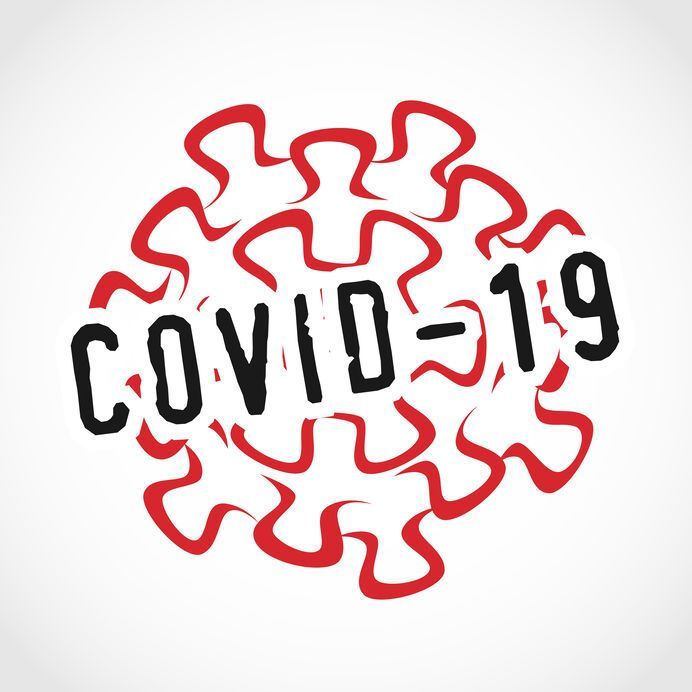
Retrospective EHR study of 38,327 COVID-19 infx pts & 1,143 whodeveloped post Covid Syndrome (PCC). PCC risk was signif higher in women & obese. Pre-COVID, psoriasis (OR 1.41) & RA (OR 1.64) had incr risk of PCC. Post COVID, more Sjögren’s (OR 4.05) among PCC. https://t.co/0Z48Hy43XY
Dr. John Cush RheumNow ( View Tweet)
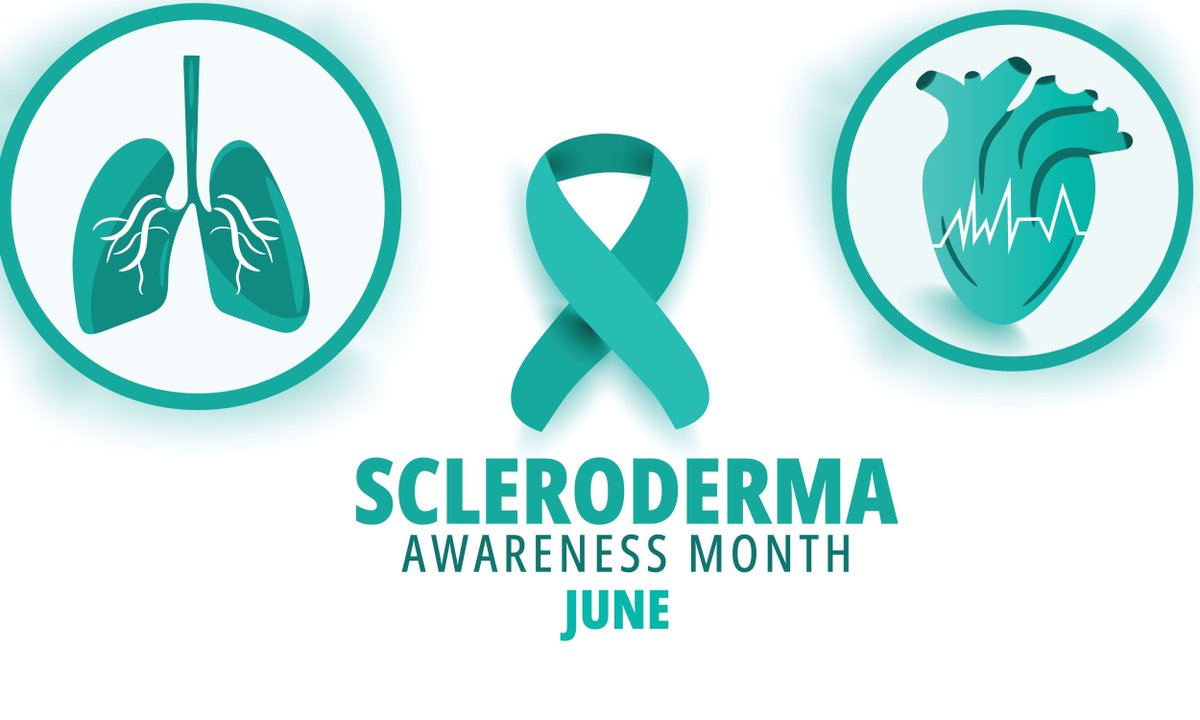
PSS & Biomarkers: Dutch international scleroderma trial of 21 pts showed that cartilage oligomeric matrix protein (COMP), and collagen type IV alpha 1 (COL4A1) significantly correlated with modified Rodnan skin score; COMP were associated with mRSS change (r = 0.013) https://t.co/E7SgmIiYmn
Dr. John Cush RheumNow ( View Tweet)
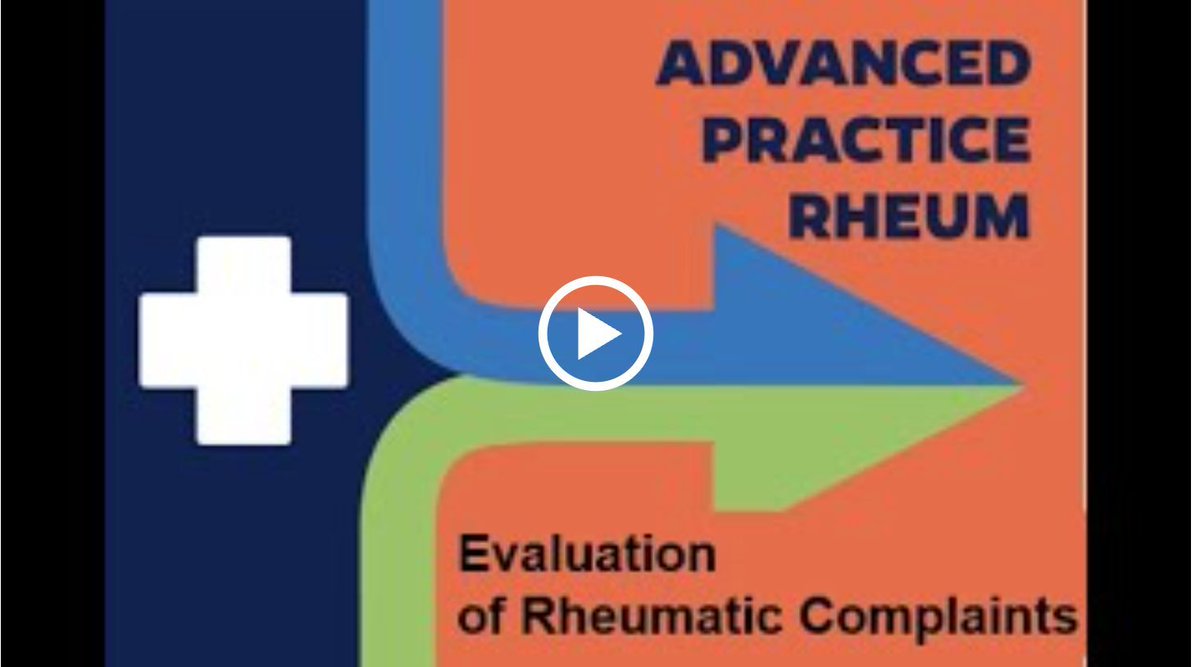
Evaluation of Rheumatic Complaints
https://t.co/dZjD1Y5IBn https://t.co/WwhMbUysZl
Dr. John Cush RheumNow ( View Tweet)

Cases & Guidelines: Tuesday Night Rheumatology
Panelists discuss their approaches to a range of difficult cases in multiple areas, including RA, PsA and PMR. Panelists: Audrey Gibson, PA-C; Benjamin A. Smith, PA-C; Emma Bavage, ANP; Jack Cush, MD
https://t.co/1HPBdPdIVx https://t.co/30Q6azQU3r
Dr. John Cush RheumNow ( View Tweet)

QD Clinic: Weakness with Fibromyalgia
ack Cush, MD and Leilani Law, APN, Dallas, TX, discuss a case about weakness with fibromyalgia and how to best treat the complaints she presents with. This APP QD clinic is presented as part of RheumNow's "Mission: APP Partners in Care" https://t.co/OHeTdemtra
Dr. John Cush RheumNow ( View Tweet)



